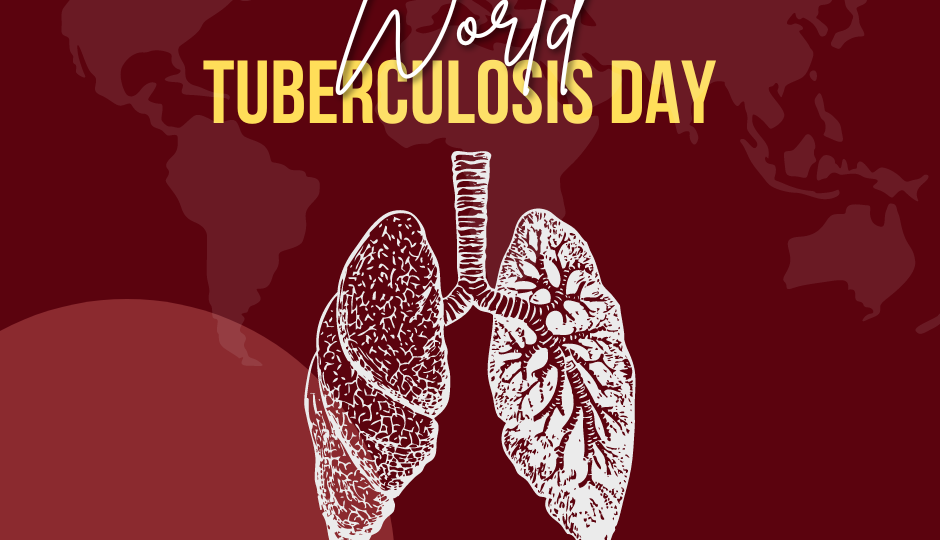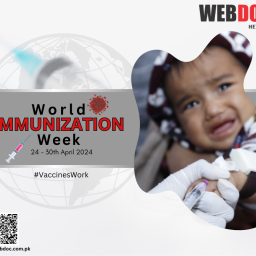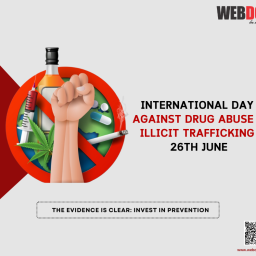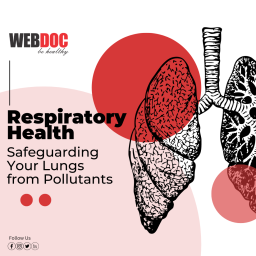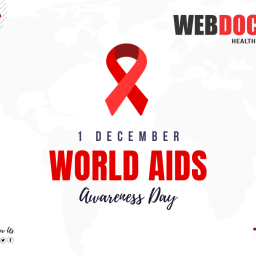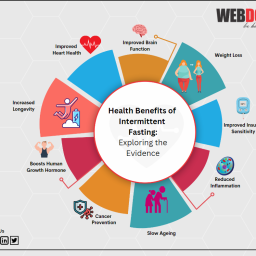Each year on March 24th, the world comes together to observe World Tuberculosis Day, a day dedicated to raising awareness about the global epidemic of tuberculosis (TB) and the efforts to eliminate it. Tuberculosis remains one of the world’s deadliest infectious diseases, causing immense suffering and claiming millions of lives each year. This day serves as a reminder of the urgent need for concerted action to combat TB and achieve the goal of ending the epidemic by 2030, as outlined in the Sustainable Development Goals (SDGs).
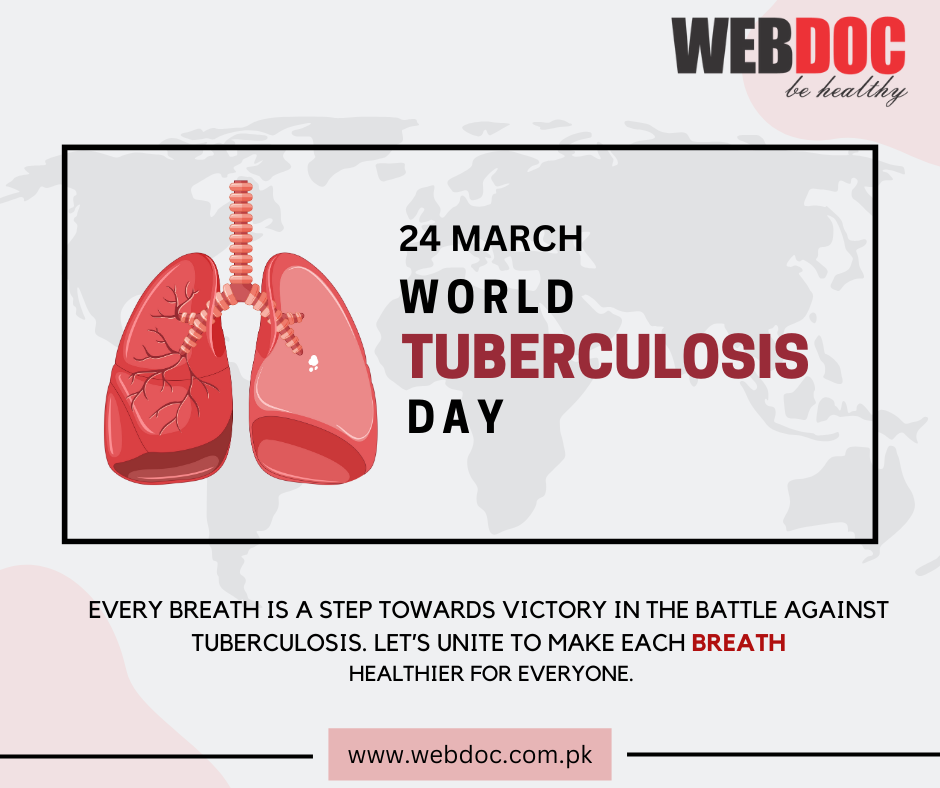
Understanding Tuberculosis
Tuberculosis is caused by the bacterium Mycobacterium tuberculosis and primarily affects the lungs, although it can also affect other parts of the body such as the kidneys, spine, and brain. TB is transmitted through the air when an infected person coughs, sneezes, or talks, making it highly contagious. Factors such as overcrowding, poor ventilation, and weakened immune systems contribute to the spread of the disease.
TB presents a myriad of symptoms including persistent cough, fever, night sweats, and weight loss. If left untreated, it can be fatal. Diagnosis typically involves a combination of medical history, physical examination, and laboratory tests, including chest X-rays and sputum tests.
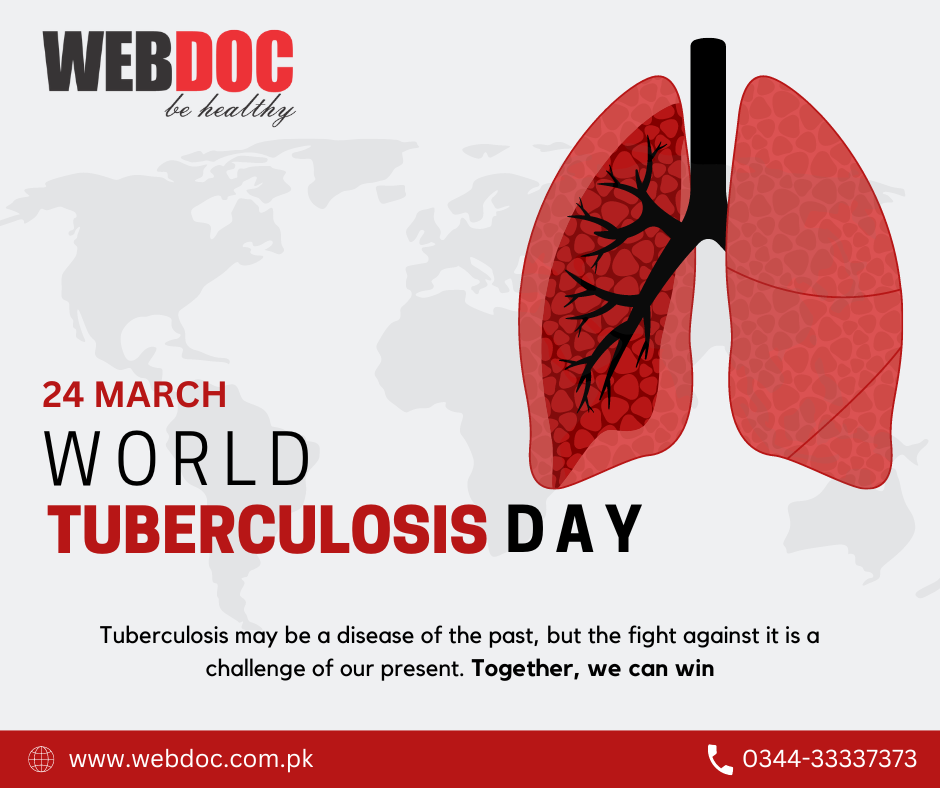
Global Impact of Tuberculosis
Despite significant progress in recent years, TB remains a major global health challenge. According to the World Health Organization (WHO), an estimated 10 million people fell ill with TB in 2020, and 1.5 million died from the disease, making it one of the top 10 causes of death worldwide. Moreover, TB disproportionately affects marginalized and vulnerable populations, including people living with HIV/AIDS, prisoners, migrants, and refugees.
The COVID-19 pandemic has further exacerbated the TB crisis, disrupting essential TB services and diverting resources away from TB prevention, diagnosis, and treatment efforts. The pandemic has highlighted the importance of strengthening health systems and addressing health disparities to effectively combat infectious diseases like TB.
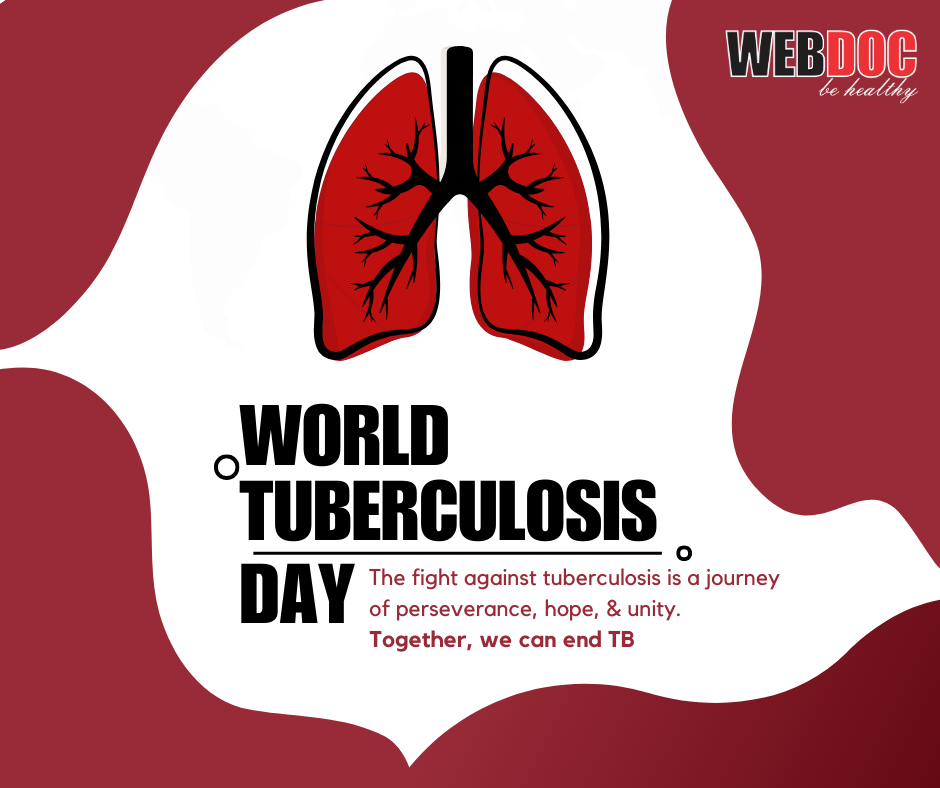
The Path to Elimination
Efforts to combat TB require a multi-faceted approach that encompasses prevention, diagnosis, treatment, and support for those affected by the disease. Key strategies include:
Preventive Measures:
Promoting infection control measures, such as improving ventilation in congregate settings and promoting good respiratory hygiene, can help prevent the transmission of TB. Additionally, efforts to address underlying social determinants of health, such as poverty, malnutrition, and lack of access to healthcare, are essential in reducing TB incidence.
Early Diagnosis and Treatment:
Timely diagnosis and treatment of TB are crucial in preventing the spread of the disease and reducing mortality. Access to quality diagnostic tools, such as rapid molecular tests, and effective treatment regimens, including drug-sensitive and drug-resistant TB, are essential components of TB control programs.
Innovative Research and Development:
Continued investment in research and development is needed to develop new tools, drugs, and vaccines to combat TB. Innovation in diagnostics, treatment regimens, and vaccines is critical in overcoming the challenges posed by drug-resistant TB and improving treatment outcomes.
Community Engagement and Empowerment:
Engaging communities and empowering individuals affected by TB are central to the success of TB control efforts. Community-based approaches, peer support networks, and patient-centered care models can help reduce stigma, improve treatment adherence, and enhance outcomes for people living with TB.
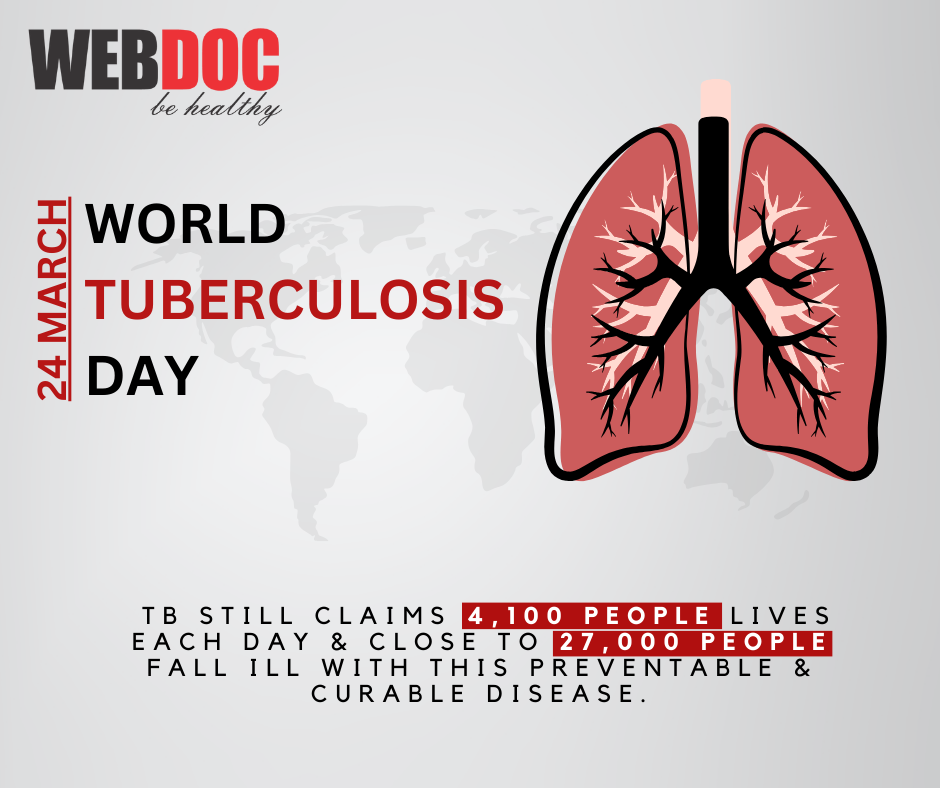
Conclusion
World Tuberculosis Day serves as a reminder of the ongoing global effort to eliminate TB as a public health threat. While progress has been made, much work remains to be done to achieve the ambitious goal of ending the TB epidemic by 2030. It requires sustained political commitment, increased investment in TB prevention and care, and collaboration across sectors and borders. By working together, we can ensure a world free from the burden of tuberculosis for future generations.



